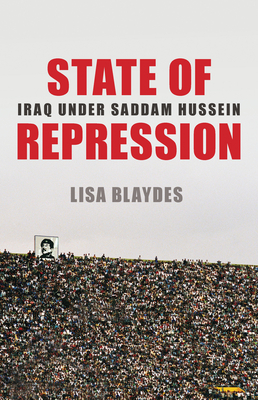Expedite your nonfiction book discovery process with Readara interviews, summaries and recommendations, Broaden your knowledge and gain insights from leading experts and scholars
In-depth, hour-long interviews with notable nonfiction authors, Gain new perspectives and ideas from the writer’s expertise and research, Valuable resource for readers and researchers
Optimize your book discovery process, Four-to eight-page summaries prepared by subject matter experts, Quickly review the book’s central messages and range of content
Books are handpicked covering a wide range of important categories and topics, Selected authors are subject experts, field professionals, or distinguished academics
Our editorial team includes books offering insights, unique views and researched-narratives in categories, Trade shows and book fairs, Book signings and in person author talks,Webinars and online events
Connect with editors and designers,Discover PR & marketing services providers, Source printers and related service providers

State of Repression: Iraq Under Saddam Hussein
Political Science > World - Middle Eastern
- Princeton University Press
- Hardcover
- 9780691180274
- 9.4 X 6.5 X 1.2 inches
- 1.45 pounds
- Political Science > World - Middle Eastern
- (Single Author) Asian American
- English
Readara.com
Book Description
A new account of modern Iraqi politics that overturns the conventional wisdom about its sectarian divisions
How did Iraq become one of the most repressive dictatorships of the late twentieth century? The conventional wisdom about Iraq's modern political history is that the country was doomed by its diverse social fabric. But in State of Repression, Lisa Blaydes challenges this belief by showing that the country's breakdown was far from inevitable. At the same time, she offers a new way of understanding the behavior of other authoritarian regimes and their populations.
Drawing on archival material captured from the headquarters of Saddam Hussein's ruling Ba'th Party in the wake of the 2003 US invasion, Blaydes illuminates the complexities of political life in Iraq, including why certain Iraqis chose to collaborate with the regime while others worked to undermine it. She demonstrates that, despite the Ba'thist regime's pretensions to political hegemony, its frequent reliance on collective punishment of various groups reinforced and cemented identity divisions. At the same time, a series of costly external shocks to the economy--resulting from fluctuations in oil prices and Iraq's war with Iran--weakened the capacity of the regime to monitor, co-opt, coerce, and control factions of Iraqi society.
In addition to calling into question the common story of modern Iraqi politics, State of Repression offers a new explanation of why and how dictators repress their people in ways that can inadvertently strengthen regime opponents.
Author Bio
Lisa Blaydes is Professor of Political Science at Stanford University. She is the author of Elections and Distributive Politics in Mubarak’s Egypt (Cambridge University Press, 2011) and State of Repression: Iraq under Saddam Hussein (Princeton University Press, 2018).
Her articles have appeared in the American Political Science Review, Governance, International Studies Quarterly, International Organization, Journal of Theoretical Politics, Middle East Journal, Studies in Comparative International Development and World Politics. During the 2008-9 and 2009-2010 academic years,
Professor Blaydes was an Academy Scholar at the Harvard Academy for International and Area Studies. During the 2015-16 academic year, she was a Fellow at the Center for Advance Study in the Behavior Sciences. She holds degrees in Political Science (PhD) from the University of California, Los Angeles and International Relations (BA, MA) from Johns Hopkins University.
Source: Stanford University Department of Political Science
Videos




Community reviews
No Community reviews

